Social Emotional Learning for Life Success [presentation]
Social Emotional Learning involves the processes through which people acquire and effectively apply the knowledge, attitudes, and skills necessary to understand and manage emotions, set and achieve positive goals, feel and show empathy for others, establish and maintain positive relationships, and make responsible decisions. Read more ›
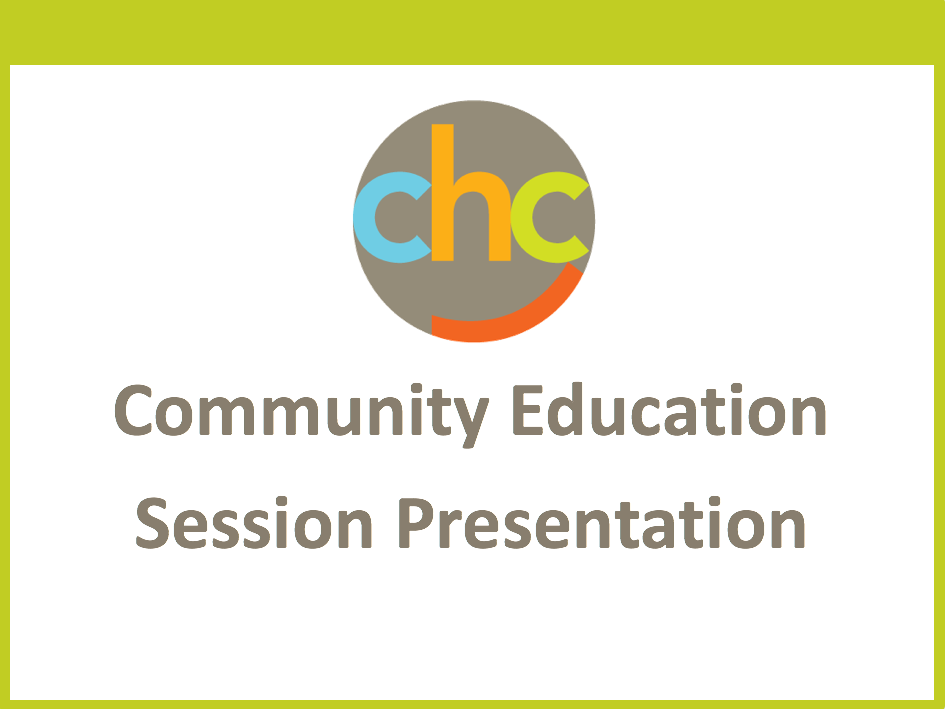
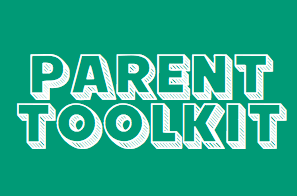
 It may be hard at this age to engage your child in a long discussion about emotions, but taking a couple of minutes a day to ask “What made you feel good today?” or “Did anything upset you today?” is a great way to show you care. Try to avoid questions that will get a “yes” or “no” answer to create more conversation.
It may be hard at this age to engage your child in a long discussion about emotions, but taking a couple of minutes a day to ask “What made you feel good today?” or “Did anything upset you today?” is a great way to show you care. Try to avoid questions that will get a “yes” or “no” answer to create more conversation.
 The Greater Good Science Center (GGSC) is part of University of California at Berkeley’s
The Greater Good Science Center (GGSC) is part of University of California at Berkeley’s 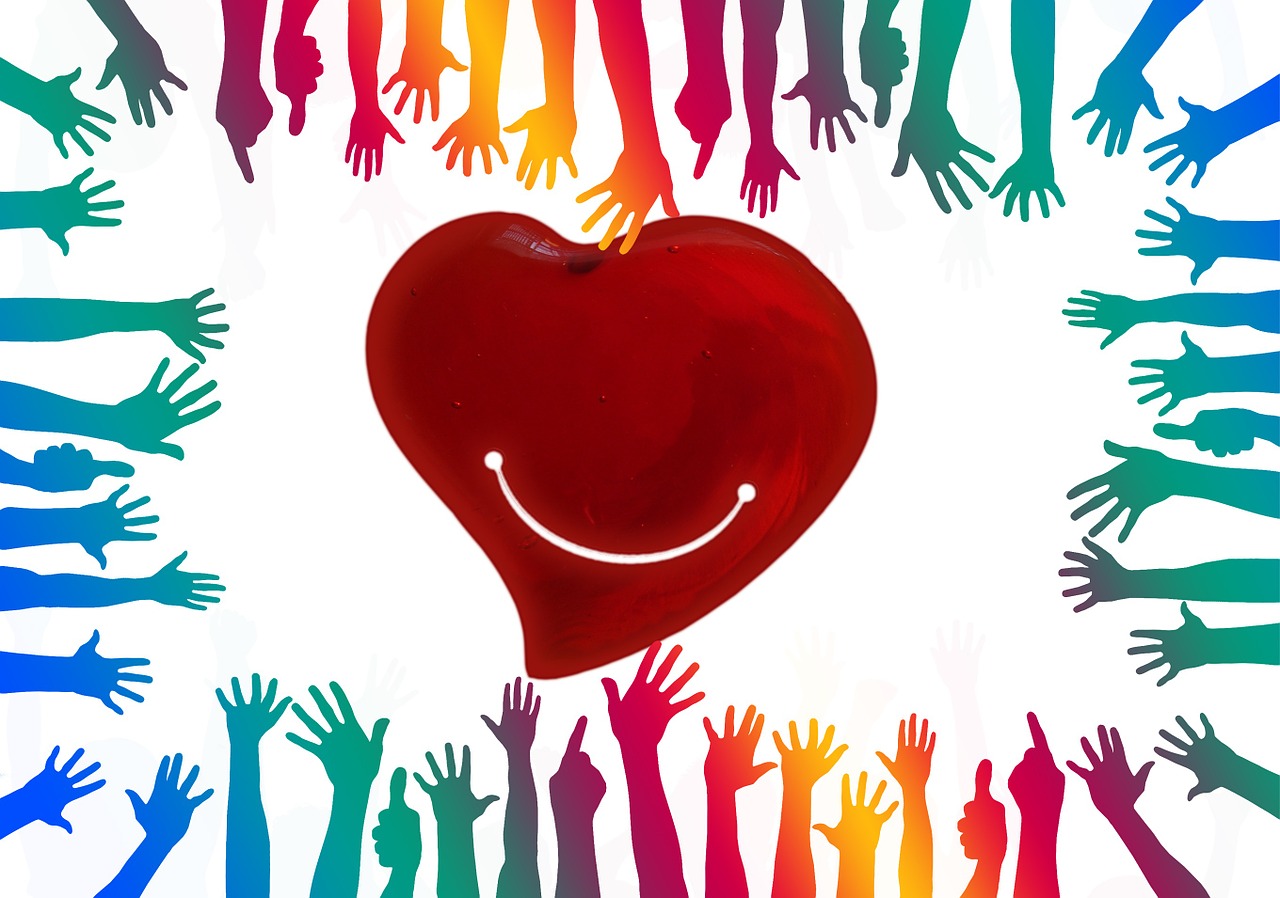
 The National Alliance on Mental Illness (NAMI)
The National Alliance on Mental Illness (NAMI)
 Nonprofit
Nonprofit 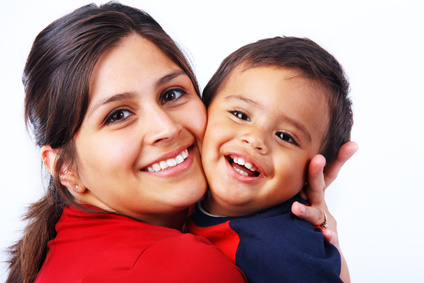
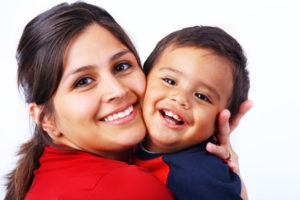 The main predictor of how well your child will do in school and in life is the strength of the relationship he or she has with you, the parent or primary caretaker. This relationship impacts your child’s future mental, physical, social, and emotional health. It is not founded on quality of care or parental love, but on the nonverbal emotional communication between child and parent known as the attachment bond. While it’s easiest to form this secure attachment bond with an infant, it can be formed at any time or at any age.
The main predictor of how well your child will do in school and in life is the strength of the relationship he or she has with you, the parent or primary caretaker. This relationship impacts your child’s future mental, physical, social, and emotional health. It is not founded on quality of care or parental love, but on the nonverbal emotional communication between child and parent known as the attachment bond. While it’s easiest to form this secure attachment bond with an infant, it can be formed at any time or at any age. 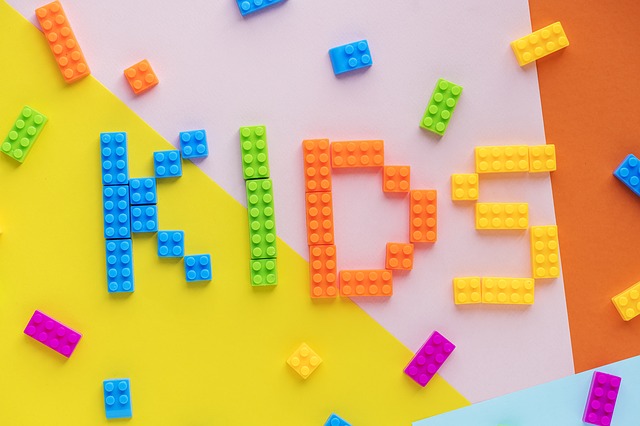
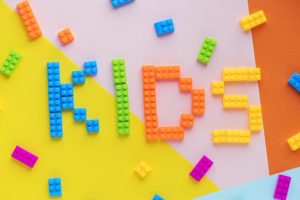 Children grow and develop at different rates. While their pathways through childhood differ, most pass a set of predictable milestones along the way. The information presented here offers a map that can help you follow your child’s journey from birth to age 5.
Children grow and develop at different rates. While their pathways through childhood differ, most pass a set of predictable milestones along the way. The information presented here offers a map that can help you follow your child’s journey from birth to age 5. 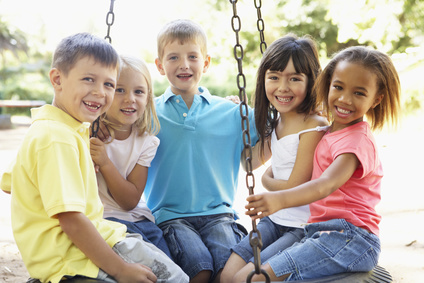
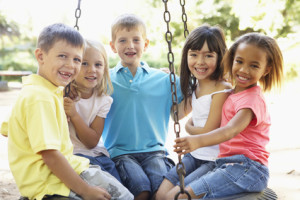 Social and emotional learning (SEL) is the cornerstone of emotional intelligence, as these abilities do not come naturally for some special education students. Children in special ed settings need to have their confidence, courage, and emotional awareness nurtured in order to successfully play, work, cooperate, and be productive in their studies. We have all heard that technology can be a great playing-field leveler in a classroom with diverse learners. It can also assist in providing social and emotional skills. Let’s face it — the digital lifestyle is here to stay, so using digital technology to enhance SEL makes perfect sense.
Social and emotional learning (SEL) is the cornerstone of emotional intelligence, as these abilities do not come naturally for some special education students. Children in special ed settings need to have their confidence, courage, and emotional awareness nurtured in order to successfully play, work, cooperate, and be productive in their studies. We have all heard that technology can be a great playing-field leveler in a classroom with diverse learners. It can also assist in providing social and emotional skills. Let’s face it — the digital lifestyle is here to stay, so using digital technology to enhance SEL makes perfect sense. 

